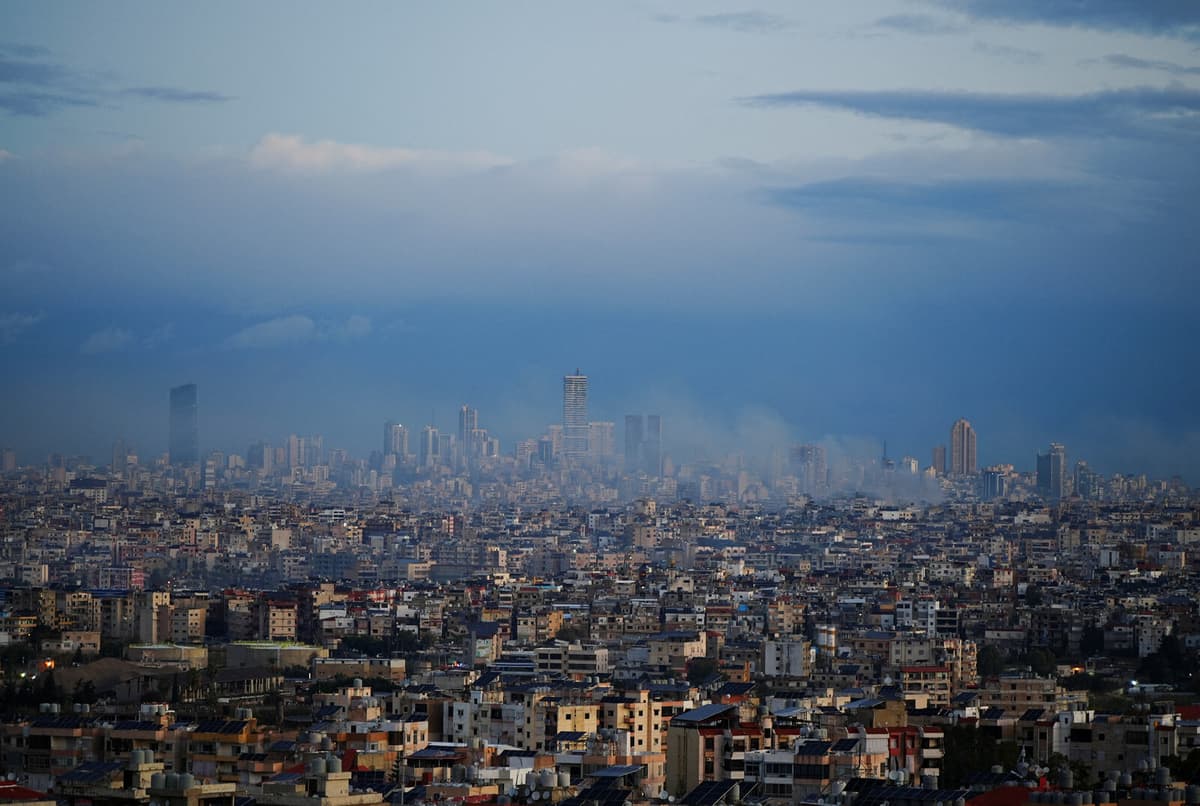Israeli forces were still present in southern Lebanon on Wednesday, barely a day after the ceasefire was announced.
Lebanese soldiers are ready to take control of the country after the agreement on the ceasefire – and while waiting, both Israel and Lebanon are advising civilians not to return home.
But the ceasefire is fragile, and Hezbollah chose to threaten Israel again in an official statement late on Wednesday.
In the statement, Hezbollah said it had triumphed over Israel, followed by the threat that the movement's fighters "will continue to be ready to act regarding the Israeli enemy's ambitions and Israeli attacks", according to news agencies.
Nighttime Curfew
The Israeli military announced on Wednesday afternoon that restrictions on movement would be introduced after dark in southern Lebanon. Residents are prohibited from moving south of the Litani River, three miles from the border with Israel.
The ban applies from Wednesday night to Thursday, announced the Israeli army's spokesperson Avichay Adraee.
Earlier, the military had announced that internally displaced persons would not be allowed to return to places where Israel had ordered evacuation.
The Lebanese army urged residents to be "patient". The Israeli withdrawal will take time, and afterwards, Lebanese soldiers will "in coordination" with the UN force Unifil enter the area, according to a post on X.
Destructive Attacks
Right up until the ceasefire came into effect at 03 Swedish time on Wednesday morning, intense Israeli attacks continued against Beirut and against border crossings between Lebanon and Syria.
The USA was the main party responsible for drafting the ceasefire proposal. Israel demands that the USA guarantees Lebanon's commitments – otherwise, Israel reserves the right to attack anyway.
Over 3,800 people have been killed in Lebanon in the conflict between Hezbollah and Israel that escalated after the terrorist-stamped Hamas carried out attacks in Israel on October 7, 2023.
According to UN figures, nearly 900,000 people have been driven from their homes in Lebanon.
In Israel, around 60,000 people have been evacuated. Over 80 soldiers and around 50 civilians have been killed.
The terms of the ceasefire in Lebanon are not entirely finalized, but the first phase is largely clear. It consists of a two-month transition period. During the 60 days, Israel's military will leave southern Lebanon. Hezbollah will move all its heavy weapons north of the Litani River.
A committee led by the USA will monitor that the parties do what they are supposed to. If Lebanon and others do not remove acute threats against Israel, there are reservations about Israel's right to take military action.
Gradually during the two-month period, hundreds of thousands of evacuated civilians will also be able to start returning to their homes in northern Israel and southern Lebanon.






